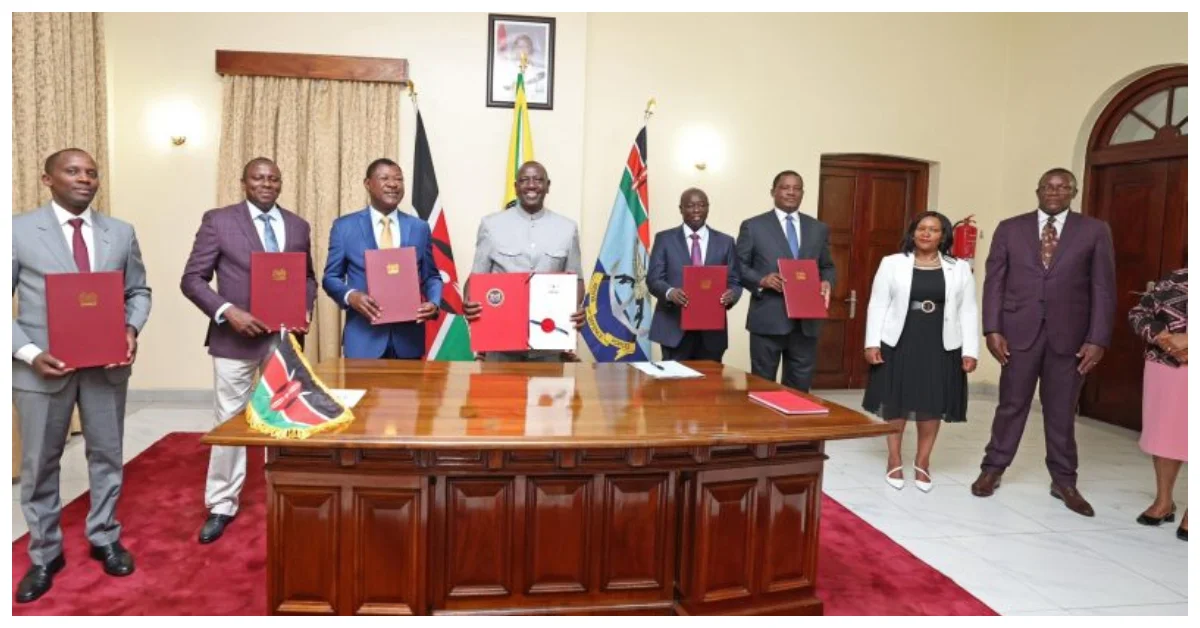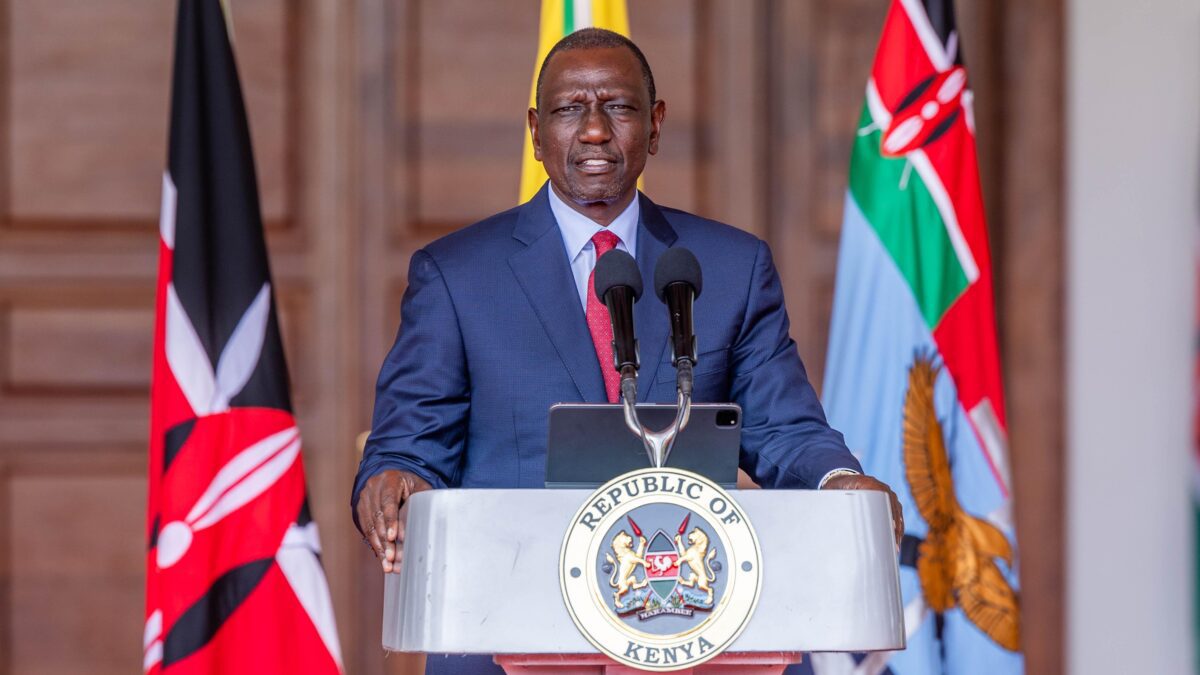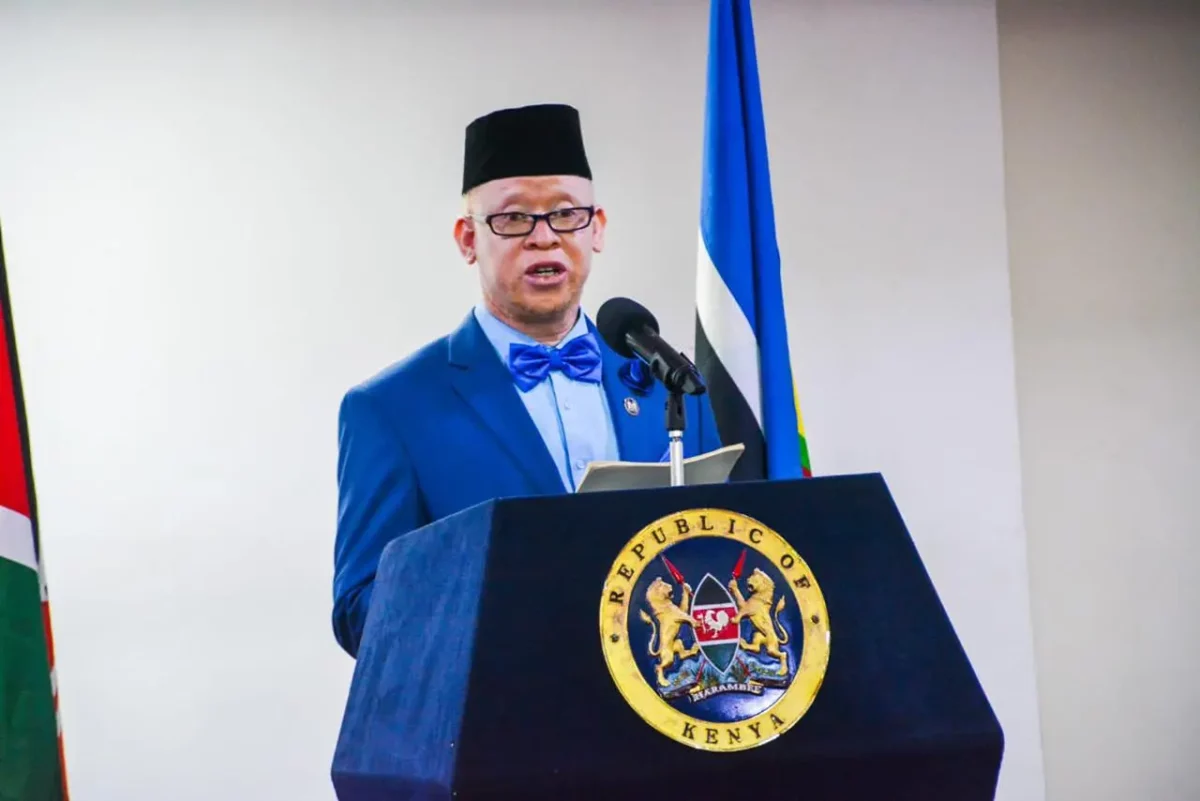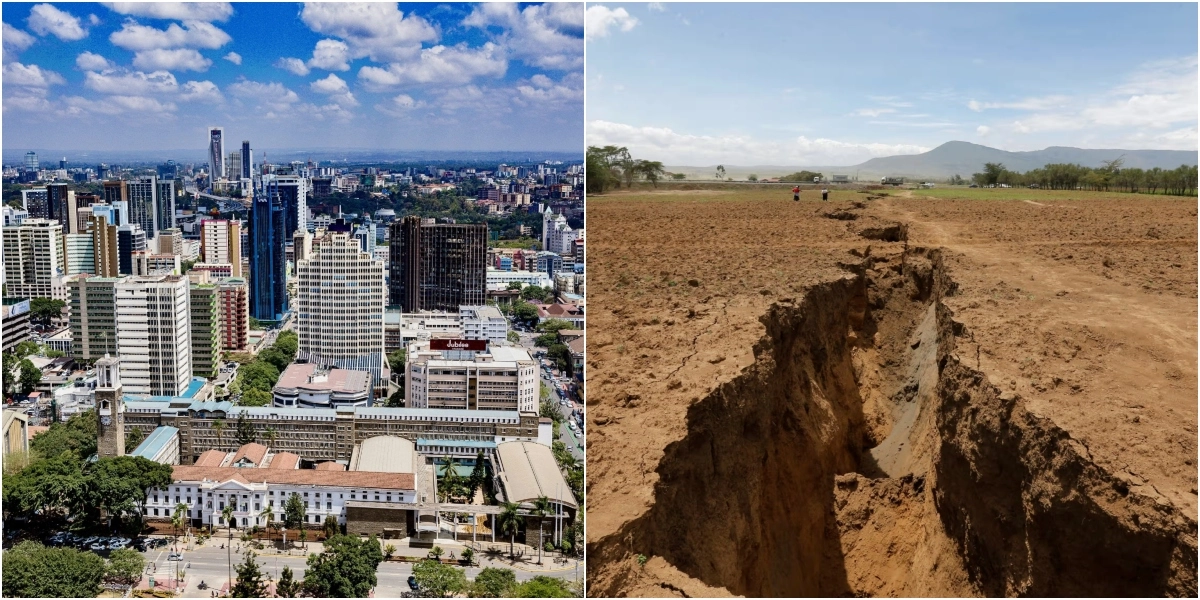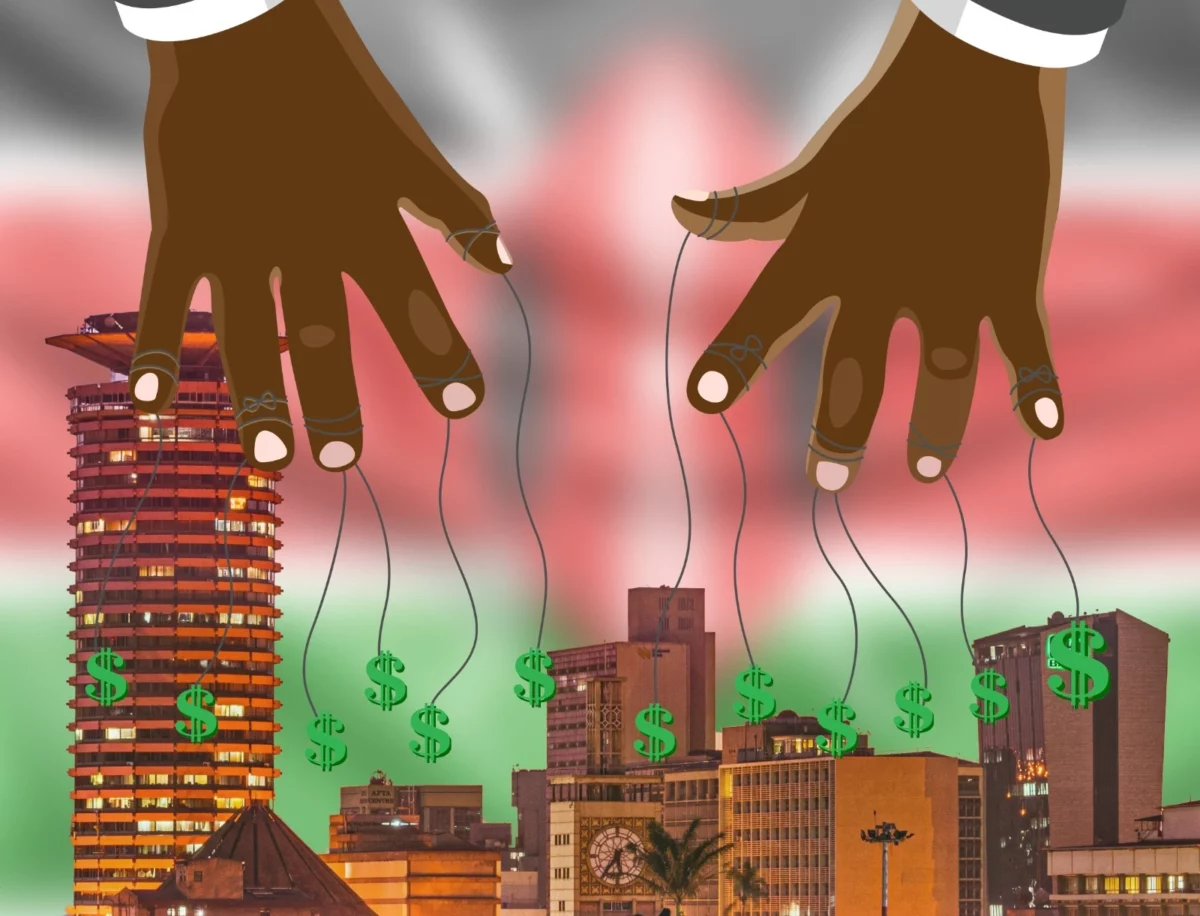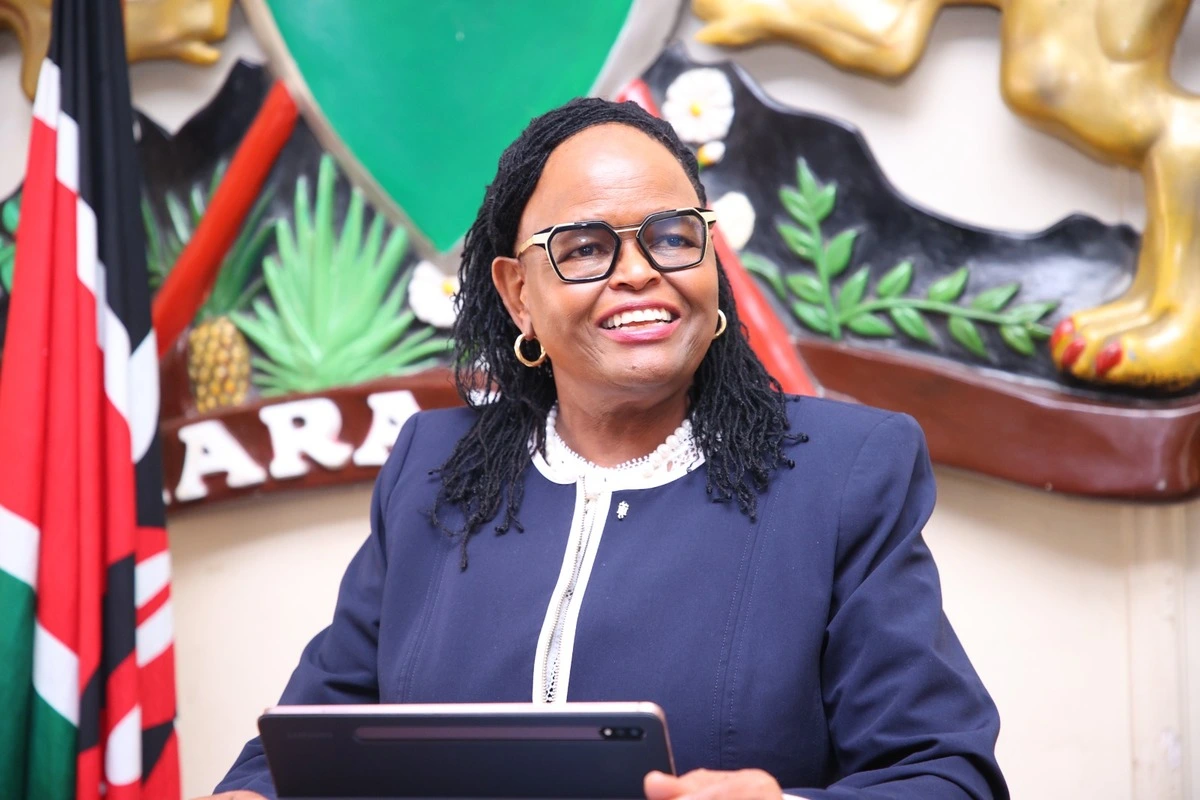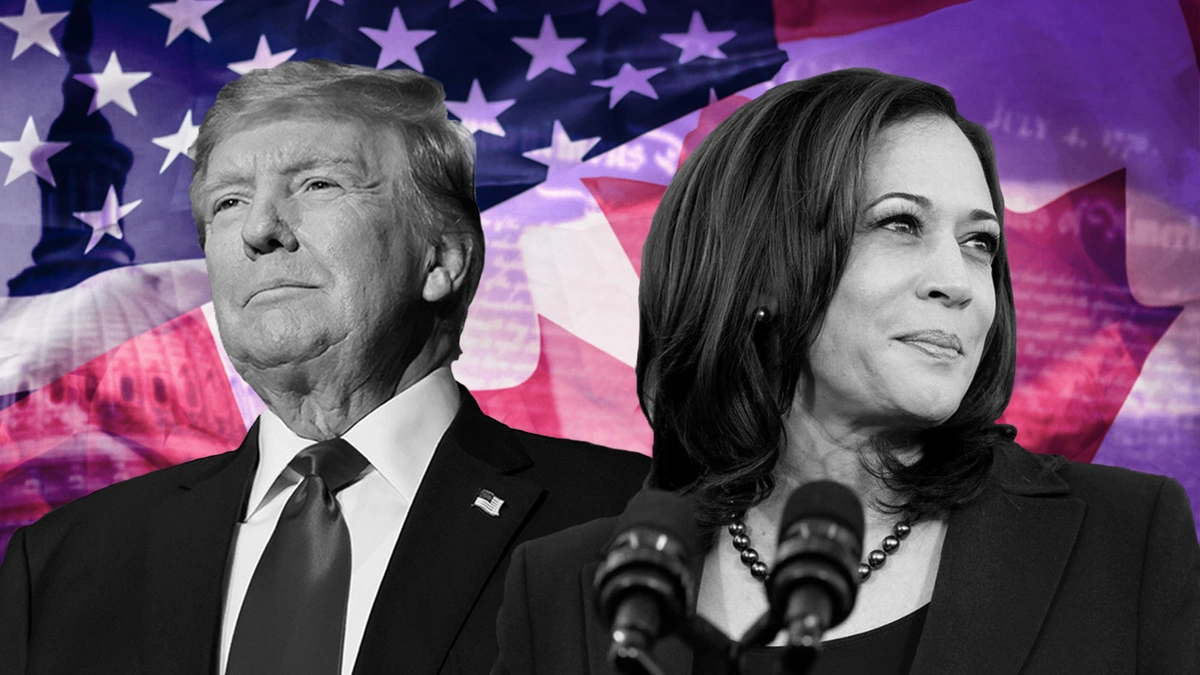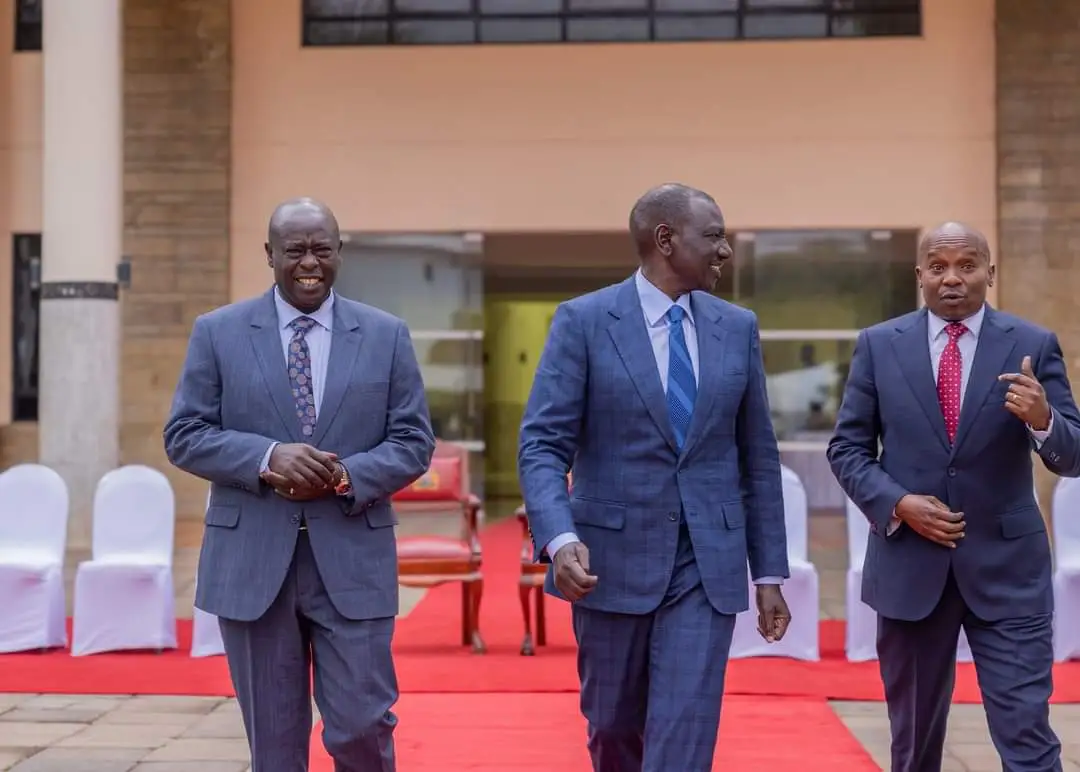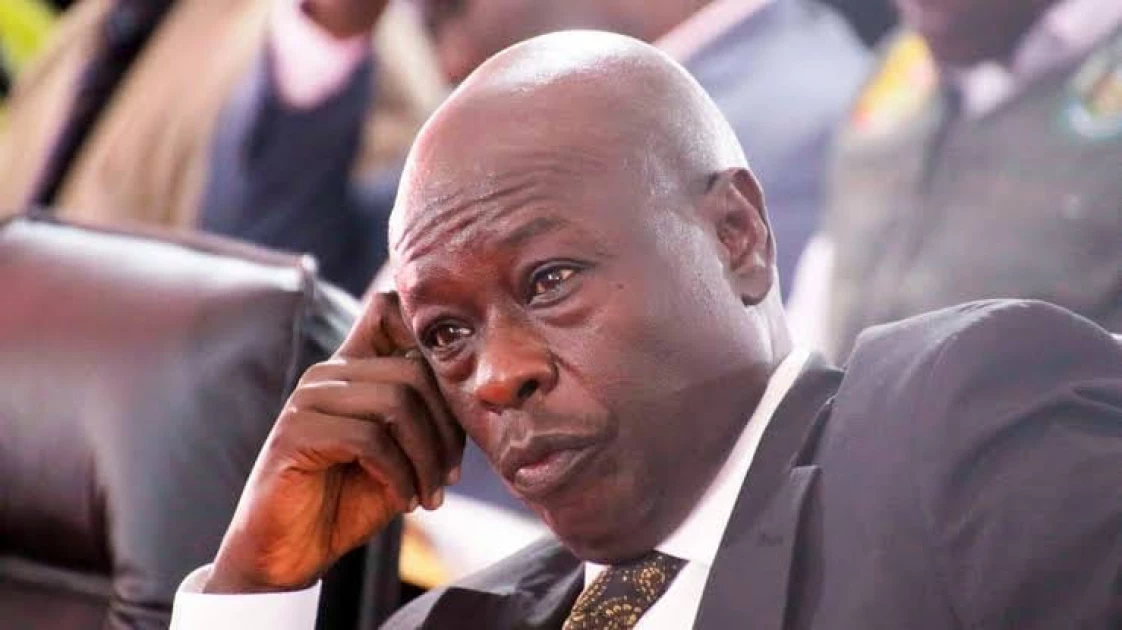President William Ruto has signed the Privatization Bill 2023 into law, aiming to simplify the privatization process for non-strategic or struggling government-owned entities. The law is expected to facilitate private sector involvement, generate additional government revenue, and reduce the demand for public resources.
The bill which as sponsored by Parliament majority leader Kimani Ichungw’ah establishes the Privatization Authority, responsible for property transactions, contract negotiations, and other functions related to privatization. Its members include a chairperson appointed by the president, the principal secretary to the National Treasury, the attorney general, the principal secretary of investment, four non-public officers, and the Managing Director of the authority.

The Cabinet Secretary will formulate the privatization program, which will require approval from the Cabinet and subsequent ratification by the National Assembly.
“It is intended to remove the bureaucratic processes in the privatization of non-strategic or loss-making government entities,” reads part of the report.
Privatization methods include initial public offerings of shares, sales through public tender, sales arising from pre-emptive rights, and other methods determined by the Cabinet. Proceeds from the sale of direct National Government shareholdings will go into the Consolidated Fund.
Read Also: Kenya’s Private Sector Records Growth Amid Easing Political Tensions
Several government-owned entities, such as Chemelil Sugar, South Nyanza Sugar, and Kabarnet Hotel, are among those targeted for privatization.
Earlier this year, Azimio leader Raila Odinga had voiced concerns about the lack of due diligence and parliamentary oversight in the privatization process.
Subscribe to our Youtube channel Switch TV
“On the other hand, they want to sell government enterprises without passing through Parliament. The government wants to sell public companies to their own people. We are saying no,” said Raila Odinga.


